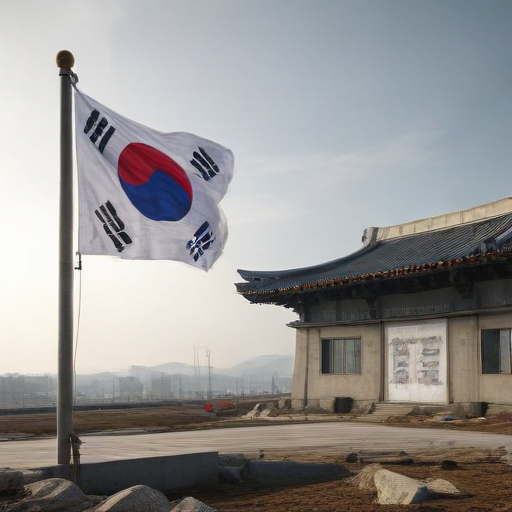South Korea’s military has experienced a significant transformation over the past few decades, evolving from a once dreaded force associated with terror and violence in the 1970s and ’80s to a widely perceived modern and disciplined establishment. However, this carefully cultivated image faced a major setback during a recent parliamentary hearing.
General Park An-su, the Army chief of staff, faced tough questioning from lawmakers regarding the swift implementation of a martial law order issued by President Yoon Suk Yeol. This was triggered by a growing political crisis that stirred public outrage, leading to mass protests. In a candid acknowledgment, Gen. Park admitted the military’s lack of preparation, stating, “We were not militarily prepared because it was put into action in such a hurry. There was confusion.” His statements revealed a concerning disorganization within the military’s ranks during this critical moment.
The martial law decree, which took effect on Tuesday night, was met with immediate backlash from citizens, forcing President Yoon to rescind the order within just six hours. The swift reversal of the decree reflects a sensitive and responsive political environment in South Korea, where public sentiment and democratic principles are prioritized.
This incident underscores the importance of transparent and well-prepared military and governance structures in maintaining public trust. Moving forward, South Korea’s leadership faces the challenge of addressing the confusion and restoring confidence in the military’s role while ensuring that history does not repeat itself.
Ultimately, the quick response by President Yoon to rescind the martial law highlights a commitment to democratic ideals, suggesting that the voices of citizens remain powerful in shaping the nation’s path forward. This serves as a reminder that vigilance and accountability are crucial in democracy’s ongoing evolution, reinforcing the notion that public engagement can drive positive change.
